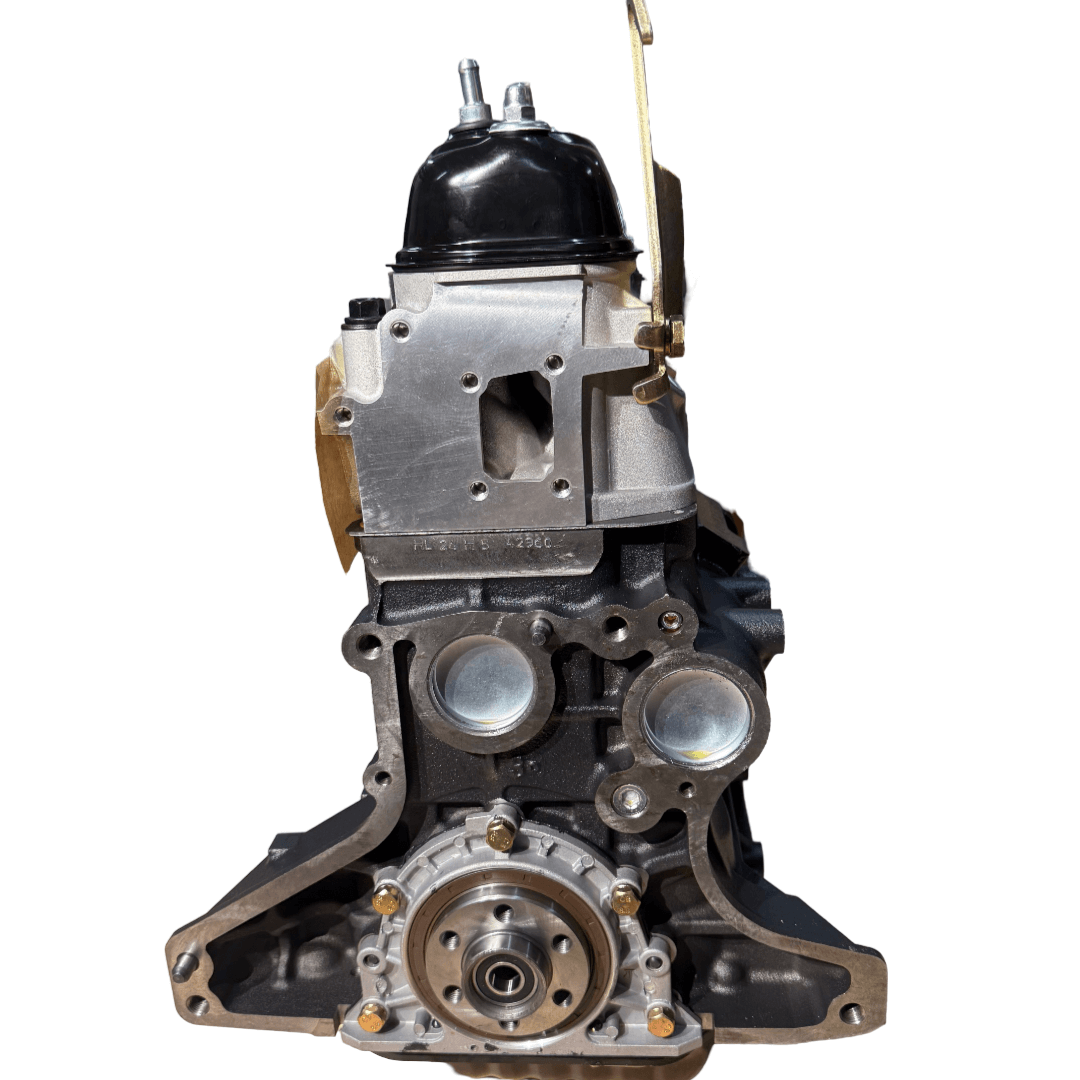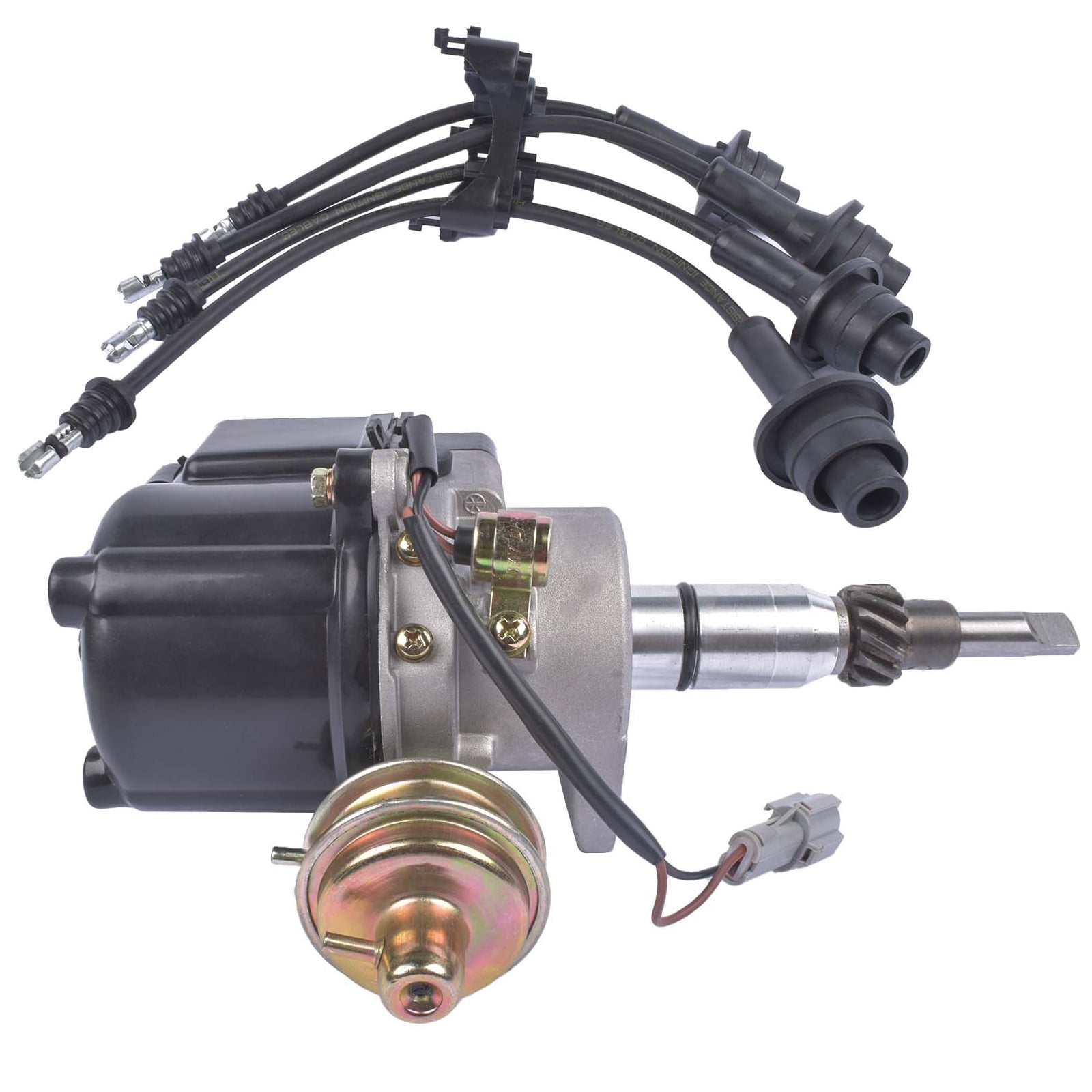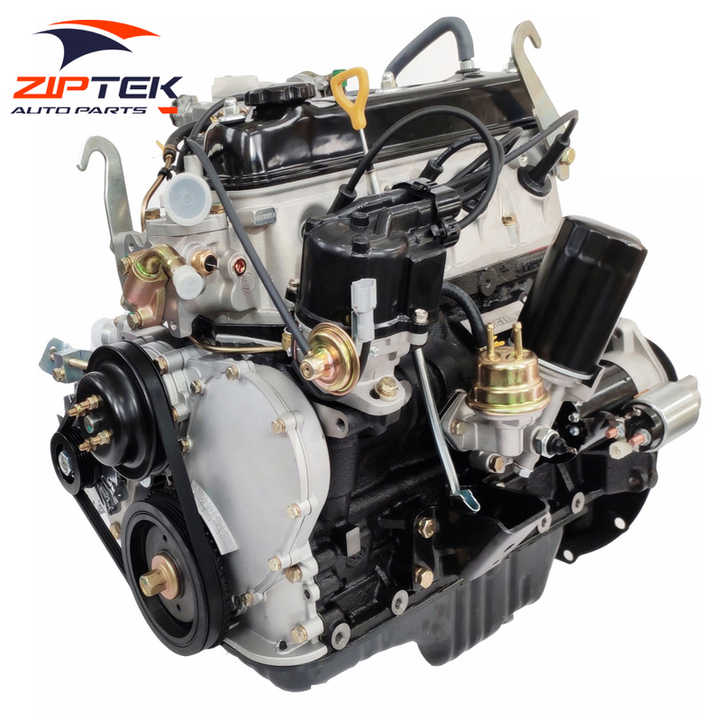Top Modifications to Enhance the Performance of Your 4Y Engine
Top Modifications to Enhance the Performance of Your 4Y Engine
Blog Article
Checking Out the Different Sorts Of Engine: Which One Fits Your Demands?
Interior combustion engines proceed to control due to their dependability, while electric engines are obtaining grip for their sustainability. Hybrid engines offer a functional concession, and diesel engines stand out for their power in demanding applications.

Interior Combustion Engines
Inner combustion engines (ICEs) are the backbone of modern-day transportation, powering a vast selection of automobiles from cars and trucks to planes. These engines operate the principle of transforming fuel right into power via a collection of controlled surges within a combustion chamber. One of the most common kinds of ICEs consist of gasoline engines, diesel motor, and rotary engines, each designed to fulfill details efficiency and performance requirements.
Gasoline engines usually use trigger ignition, while diesel engines depend on compression ignition, causing distinctive distinctions in gas performance and power output (4y engine). Rotating engines, or Wankel engines, provide a compact layout and smooth operation, however are less frequently used in mainstream applications
ICEs have actually undergone substantial innovations in innovation, consisting of the introduction of turbocharging and gas injection systems, which improve overall performance and performance. In spite of their efficiency enhancements, ICEs face raising scrutiny as a result of their environmental impact, especially regarding greenhouse gas discharges. As the auto industry advances, the future of ICEs remains a topic of debate, balancing performance, effectiveness, and environmental considerations. They proceed to play an essential role in worldwide transportation facilities.
Electric Engines
As issues regarding environmental sustainability and nonrenewable fuel source dependency expand, electric engines have actually arised as a compelling alternative to internal burning engines. These engines use electric motors powered by batteries or fuel cells, giving a cleaner and extra reliable ways of propulsion.
One of the primary benefits of electric engines is their reduced exhausts. Unlike typical engines that shed fossil fuels, electrical engines generate no tailpipe discharges, substantially reducing air pollution and adding to boosted public wellness. In addition, the effectiveness of electric motors typically surpasses that of inner burning engines, transforming a higher proportion of power from the power source right into usable power for activity.
Electric engines are also notable for their quiet operation, making them ideal for urban settings. 4y engine. The simpleness of their layout leads to fewer relocating parts, which can bring about minimized maintenance costs and raised integrity gradually
However, obstacles stay, consisting of battery production influences, charging framework, and array restrictions. Regardless of these difficulties, the expanding financial investment in electrical car innovation and eco-friendly energy resources points towards a promising future for electrical engines, positioned to play an important role in the change towards lasting transportation.
Hybrid Engines
Blending the benefits of both electrical and typical internal burning engines, hybrid engines stand for a functional option in the pursuit for efficient and sustainable transportation. These engines combine a gasoline or diesel motor with an electric motor, permitting boosted fuel performance and decreased exhausts compared to standard lorries.
Hybrid engines run in a number of modes, utilizing the electric motor for low-speed driving and the interior burning engine for greater speeds or when more power is needed. This vibrant procedure not just improves fuel economic climate but likewise adds to a smoother driving experience. Regenerative stopping is an additional crucial feature, recording power usually lost during braking and rerouting it to reenergize the battery.

As consumers significantly focus on eco-friendliness, hybrid engines attract attention as a useful selection, providing an effective equilibrium of performance, effectiveness, and ecological responsibility. This adaptability makes them appropriate for metropolitan commuting and long-distance travel alike.
Diesel Engines
Efficiency and power are trademarks of diesel engines, which have long been preferred for their robustness and gas economic climate. These engines operate on the concept of compression ignition, where air is pressed to a high temperature level before gas is infused, sparking it without the demand for ignition system. This procedure enables diesel motor to attain higher thermal effectiveness compared to fuel engines, equating right into better gas Check Out Your URL mileage and lower carbon dioxide discharges.
Diesel engines are especially fit for durable applications such as trucks, buses, and industrial equipment, where torque and longevity are critical. Their style usually includes more powerful elements to withstand the higher stress generated during operation, resulting in longer life span and reduced upkeep costs.

Alternative Fuel Engines
While diesel engines have long controlled the landscape of durable power sources, different fuel engines are acquiring grip as practical options for an extra sustainable future. These engines make use of a variety of fuels, such as compressed gas (CNG), gas, hydrogen, and ethanol, aiming to reduce greenhouse gas emissions and dependence on nonrenewable fuel sources.
One significant advantage of alternative fuel engines is their potential to reduced carbon footprints. For example, CNG engines emit fewer pollutants compared to typical diesel motor, making them suitable for urban transportation systems and fleets seeking to improve air top quality. Ethanol, derived from biomass, not only decreases exhausts yet also sustains farming economic situations.
Hydrogen fuel cells represent a sophisticated development in this world, providing zero-emission power through a chain reaction between hydrogen and oxygen. Nonetheless, challenges such as framework development and production expenses remain challenges to widespread fostering - 4y engine.
Final Thought
To conclude, picking the appropriate engine kind necessitates careful consideration of certain demands and choices. Inner burning engines offer integrity, while electric engines prioritize sustainability and minimized maintenance. Crossbreed engines combine the benefits of both, boosting effectiveness, whereas diesel engines supply premium power and torque for heavy-duty applications. Different fuel engines present green choices, albeit with prospective facilities challenges. Ultimately, a thorough analysis of driving habits and environmental values will certainly help with an educated choice pertaining to engine option.
Crossbreed i thought about this engines offer a flexible concession, and diesel engines stand out for their power in demanding applications. The most common kinds of ICEs include gasoline engines, diesel engines, and rotary engines, each developed to meet specific efficiency and effectiveness needs.
Unlike traditional engines that melt fossil fuels, electric engines generate no tailpipe emissions, considerably decreasing air contamination and contributing to boosted public health and wellness.Hybrid engines run in a number of modes, making use of the electric motor for low-speed driving and the inner combustion engine for higher rates or when more power is required. Hybrid engines incorporate the advantages of both, boosting effectiveness, whereas diesel engines provide remarkable power and torque for heavy-duty applications.
Report this page